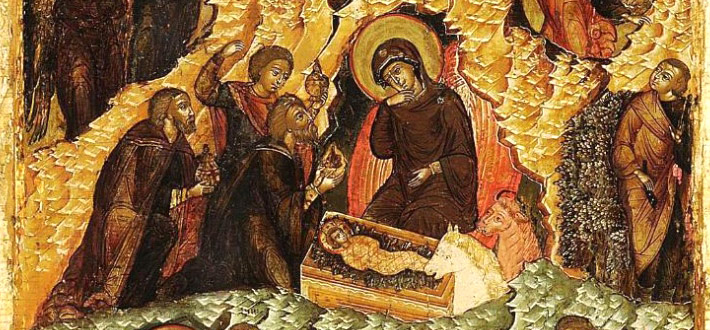
Jesus: Origins of Christianity
Not much is known about the historical Jesus since nothing was written down by him or about him during his lifetime.

Jerusalem and the Early Followers of Jesus
A month after his own death in 14 CE, Augustus Caesar was declared a God by the Roman Senate and was worshipped, with statues venerating him throughout the Empire, including in Jerusalem.
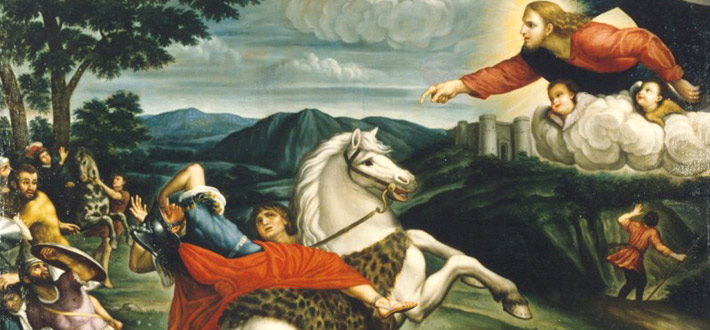
The Church that Paul Built
Paul’s version of Christianity was uniquely his own, very extreme and very different from that of the apostles in Jerusalem. Since, as far as we know, the first followers of Jesus kept no written records of the sayings and doings of Jesus, and the community in Jerusalem had all but disappeared, it was the Gentile churches started by Paul that survived.
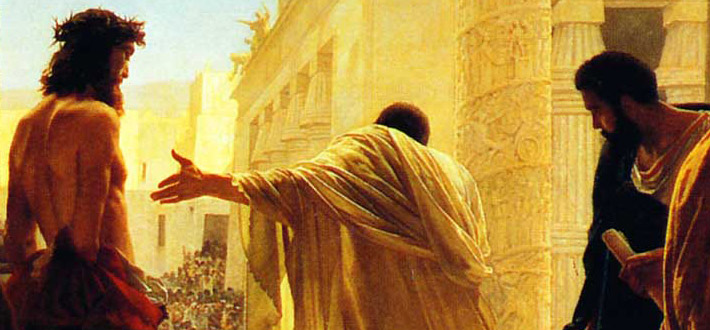
Best Known Gospels
The vast majority of the audiences at the time were illiterate and were used to an oral tradition where stories, like the tales of Homer, were retold, shaped and re-shaped for specific audiences in a way that suited local circumstances, concerns, and beliefs.

Historical Jesus: Who Do Men Say That I Am?
“If one wishes to understand the historical Jesus and early Christianity one must understand first century Judaism. During this historic era the Roman occupiers of the land were particularly oppressive and there was much opposition to them particularly in the Galilee,” says Rabbi Moshe Reiss, PhD.
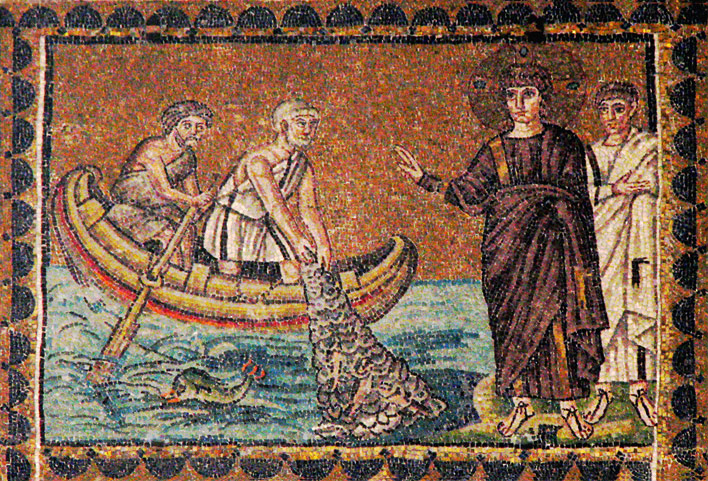
Jesus the Teacher
Like all true spiritual leaders, Jesus was uncompromising; should his actions and words involve politics, or have political consequences, then so be it, but, like the great Axial prophets and teachers before him, his aim was spiritual revitalization.
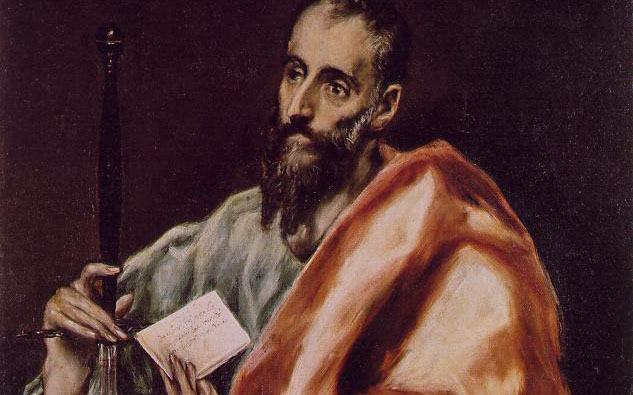
The Success of Pauline Christianity
Early Christianity grew rapidly from a minor inconspicuous sect to become the official religion of the Roman Empire. We look at key reasons why and what lead to its becoming the world's most successful religion with approximately 2.38 billion adherents.
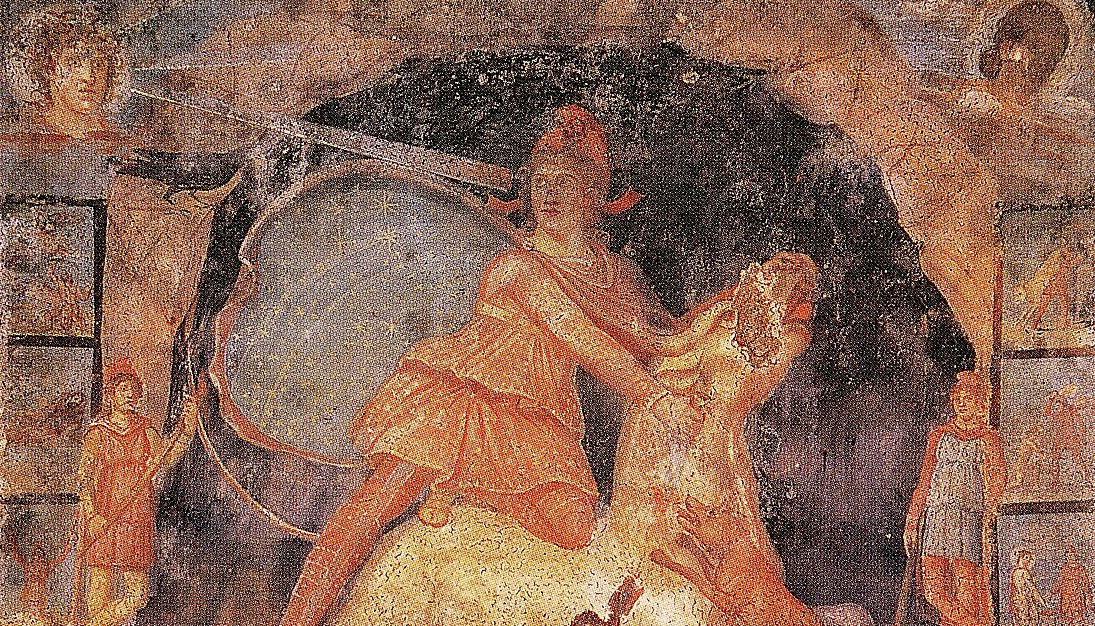
A Multicultural Story
The Roman Empire was a melting pot of cultures, each with its own stories, myths, legends and beliefs—many of which live on in contemporary Christian beliefs and ritual.
